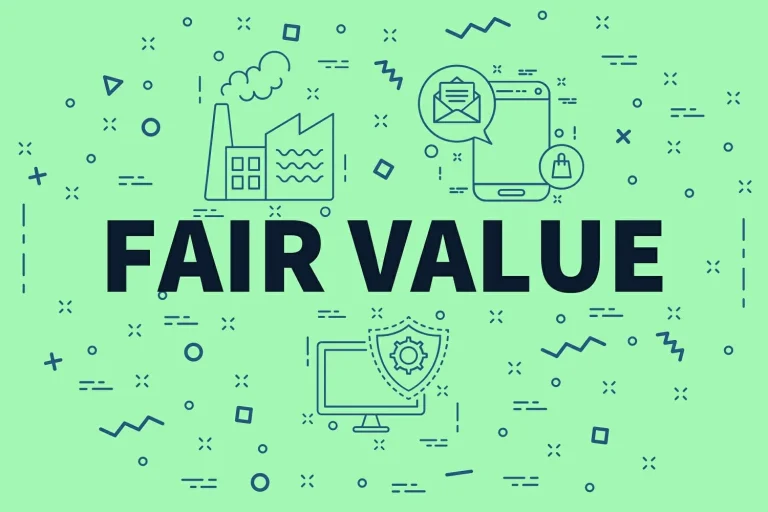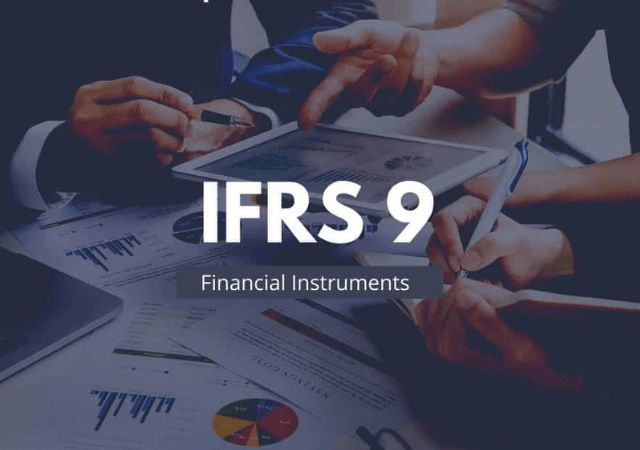Introduction
Singapore has positioned itself as a leading hub for innovation in financial services. With the Monetary Authority of Singapore (MAS) pushing forward initiatives like Project Guardian, tokenisation and digital assets are moving from concept to reality. As more businesses and investors interact with these assets, the importance of digital custody has grown significantly.
Digital custody is not just about storing tokens. Instead, it builds trust, ensures compliance, and protects both businesses and investors in a rapidly evolving financial ecosystem.
What is Digital Custody?
Digital custody refers to the safekeeping and administration of digital or tokenised assets on behalf of clients. Much like traditional custody services for securities, it ensures that assets remain secure, accessible, and properly accounted for.
Key functions of digital custody include:
-
Secure Storage: Custodians protect digital assets from theft or cyberattacks by using encryption and secure wallets.
-
Transaction Verification: They authorise and record transfers accurately on distributed ledgers.
-
Segregation of Assets: Licensed providers keep client assets separate from their own holdings.
Unlike traditional custody, which relies on central depositories, digital custody operates on distributed ledger systems. Therefore, it requires new frameworks for cybersecurity, key management, and regulatory oversight.
MAS Guidelines on Digital Custody
MAS recognises that as tokenised assets grow in use, safeguarding them must meet the same high standards as traditional financial products.
The regulator therefore expects custodians to follow strict principles:
-
Licensing and Supervision: Digital custodians hold appropriate licences under the Payment Services Act or Securities and Futures Act.
-
Segregation of Client Assets: Custodians keep client holdings separate to prevent misuse or commingling.
-
Operational Resilience: They implement strong cybersecurity, disaster recovery, and independent audits.
-
Transparency and Accountability: Providers maintain clear records and give reliable reporting to both clients and regulators.
These requirements ensure that tokenised assets integrate safely into Singapore’s financial system without compromising on trust or investor protection.
Central Registers of Nominee Directors and Nominee Shareholders in Singapore
Why Digital Custody Matters for Businesses
For companies exploring tokenisation or digital fundraising, selecting the right custody solution is critical. Moreover, proper custody offers a range of benefits:
-
Reduced Risk: Secure storage protects businesses from cyberattacks and operational errors.
-
Investor Confidence: Strong custody practices signal compliance and reliability, which attract more capital.
-
Regulatory Alignment: Firms that use licensed custodians demonstrate their readiness to meet MAS standards.
-
Scalability: Businesses can launch tokenised products with confidence, knowing custody risks are managed.
This is particularly relevant for SMEs in Singapore. They often seek innovative ways to raise funds or diversify investments, and digital custody provides the foundation for safe adoption.
Challenges and Considerations
While digital custody offers clear benefits, businesses should also prepare for challenges. For example:
-
Costs: Custody services can be expensive, especially for smaller firms.
-
Technology Risks: Poorly designed custody systems may expose firms to security breaches.
-
Selecting Providers: Not all custodians are equal, so companies must vet providers for licensing, infrastructure, and reputation.
As a result, balancing innovation with compliance remains the central challenge for Singapore’s financial sector.
Future of Digital Custody in Singapore
Digital custody will play a central role in Project Guardian and other MAS initiatives aimed at building an open and interoperable financial ecosystem. Furthermore, as tokenised cross-border payments, digital securities, and decentralised finance (DeFi) expand, trusted custody solutions will become essential for adoption.
Looking ahead, we can expect to see:
-
Wider adoption of institutional-grade custody solutions.
-
Greater collaboration between banks and fintech firms to deliver hybrid services.
-
Stronger international standards for digital custody, allowing seamless cross-border transactions.
Conclusion
The rise of tokenisation is transforming Singapore’s financial landscape, and digital custody stands at the heart of this transformation. By ensuring security, compliance, and investor trust, custody solutions allow businesses to engage with digital assets responsibly.
Companies that partner with licensed custodians now will not only reduce risks but also build stronger trust with investors and regulators. In addition, early adoption will position them to thrive as MAS refines its regulatory framework and Singapore’s digital economy expands.
Disclaimer: This article is for informational purposes only and does not constitute any professional advice. Feel free to contact us to consult with our professional advisors team for personalized advice and guidance.
Sources: https://www.mas.gov.sg/schemes-and-initiatives/Project-Guardian




